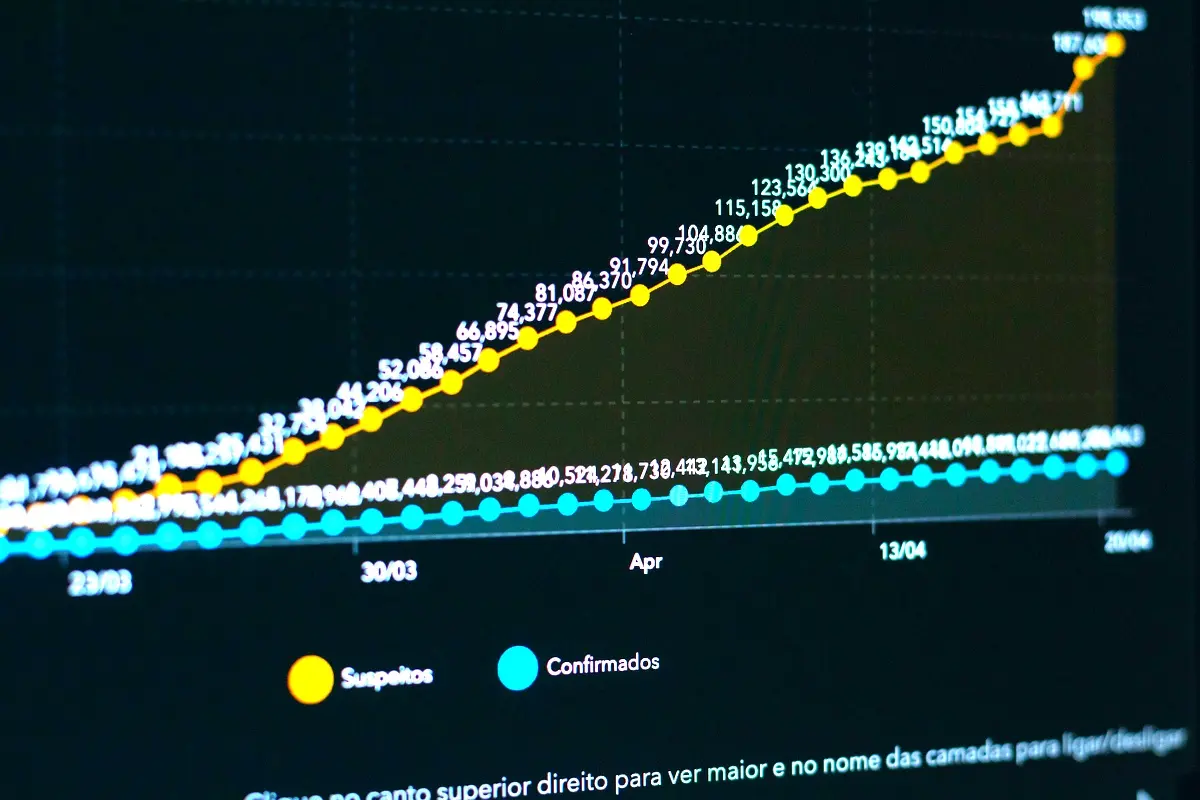What is the true impact of energy types on GDP in Africa? This research uncovers surprising causal relationships between energy consumption and economic growth across 15 African nations, revealing that electricity emerges as the most influential energy source from 1980 to 2012, reshaping our understanding of economic dynamics.
II. LITERATURE REVIEWS
In a general point view, many researchers have been carried out researchers on this subject. Where first scholars carried their analysis following Vector Auto regression (VAR) model. One of famous study was J. Kraft and A. Kraft has been the first to show the causality in economic growth represented by the GNP and energy consumption in USA (John and Kraft 1978).
His result has been confirmed by Abosedra and H. Baghestani, who find a bi-causality in the US (S. and H. 1989). This result must be verified, when looking at the period and the context in which the book has been written. A recent study using the Wavelet transformation in US, has shown that energy consumption causes economic growth (Alper Aslan; Nicholas Apergis; Selim Yildirim 2014).
Some scholars made their researches in a Specific manner, that is the concentrated their researches of a specific type of energy. That is the cases of when taking a look on one of the most industrialized country in the world, (Alice Shiu; Pun Lee Lam 2004) found that, using Granger causality test that electricity consumption predicts the value of the growth economy in China.

In other research (Muhammad Shahbaz; Hooi Hooi Lean; Abdul Farooq 2013) found that natural gas causes economic growth in Pakistan using ARDL test approach. And Vipin Arora and Shuping Shi who made a deep study by dividing energy in three main sub variable that are oil, natural gas and oil.
By using the time-varying framework, they found that the existing relationship between consumed energy and GDP vary according to the type of energy and vary according to the period which is indirectly related to the technology evolution (Arora and Shi 2016).
Going in Africa, they have also been many papers on this topic. As the article of (Eggoh, Jude C., Chrysost Bangaké, and Christophe Rault 2011) which used the panel causality test over 21 African Countries and divided its evidence in two group that is importers (Benin, Ethiopia, Ghana, Kenya, Morrocco, Senegal, Tanzania, Togo, Tunisia, Zambia and Zimbabwe) and exporters countries (Algeria, Cameroon, RD Congo, Ivory Coast, Egypt, Gabon, Libya, Nigeria, South Africa and Sudan).
And he has found that as a whole there is a vice-versa causality between energy consumption and economic growth. Nevertheless, the impact of economic growth over energy consumption is more stressed on importers countries than exporters. Following the idea as some exception, (Wolde-Rufael 2005) as carried the same study using the modified method of Granger Causality: Toda Yamamoto over 19 countries of Africa.
His results shown that in Algeria, DR Congo, Egypt, Ghana and Ivory Coast the GDP predicts the value of Energy Consumption. Meanwhile in Cameroon, Morocco, Nigeria Energy consumption predicts the value of the economic growth. Finally in Gabon and Zambia energy consumption and economics growth have a reciprocal effect.
And other study’s result, which used Threshold cointegration approach, shown that GDP predicts the value of the energy consumption in Congo and Ghana, but in Cameroon, Nigeria, Kenya and South Africa, it is the opposite (L.J Esso 2010).
Looking in a specific perspective, Adebayo Adedoku, who studied the effect of Electricity on Nigerian economy and found that electricity and GDP have a feedback effect on each other. And other research of Wolde-Rufael on the causality between electricity consumption and economic growth, where he took 17 African Countries as evidence and has still used the Toda Yamamoto Granger Causality.
And final results shown that, the GDP causes the electricity consumption in Cameroon, Ghana, Nigeria, Senegal, Zambia, and Zimbabwe. For Egypt, Gabon, Morocco, electricity consumption causes the GDP. And for Algeria, Congo, Kenya, South Africa and Sudan, there is a neutral effect from both variable (Wolde-Rufael, Yemane 2006).
That is the increase or the decrease of one will affect positively or negatively one. In a production view, electricity is one of the main factor. And statistics have proven that, countries with a low rate of electricity consumption have also a low economy. But can we only consider it as a unique factor or can we see the low electricity consumption as consequences of a low economic growth?
Other scholars shown that oil consumption causes GDP in South Africa using (Melike E, Bildinici; Tahsin Bakintos 2013). Hence they are authors like, Amar, who have carried the study over 16 African countries by using cointegration model. And found a double correlation based on space and time between energy consumption and the Gross Domestic Product.
Based on its results, energy consumption goes up as the production does. And Developed countries are more willing to have a high rate of consumed energy (Amar 2013). Which goes against the statement of which stipulates that developed countries have low energy consumption compared to developing countries.
Gales, will go against this statement and states in its article that, nowadays, there is a decrease of consumed energy in developed countries than the developing (Gales, et al. 2007). This last statement can be justify by the advanced technology that we find in developed countries. Indeed, the presence of energy substitute that only developed countries can afford, can reduce the energy consumption.
Following steps of (Arora and Shi 2016), we will use the Granger Causality test to find the existing relationship between the economic growth which will be represented by the GDP and the energy consumption that we will disaggregate in oil, electricity and natural gas consumption.
Frequently Asked Questions
What is the relationship between energy consumption and GDP in African countries?
The study reveals varying causal patterns across countries, with unidirectional causality from energy to GDP in some nations and bidirectional or neutral relationships in others.
Which type of energy has the strongest impact on economic growth in Africa?
The findings suggest that electricity has the strongest impact on economic growth among the energy types analyzed.
How does energy consumption affect economic growth in importers versus exporters in Africa?
The impact of economic growth over energy consumption is more stressed on importer countries than exporter countries, as shown in the research.
